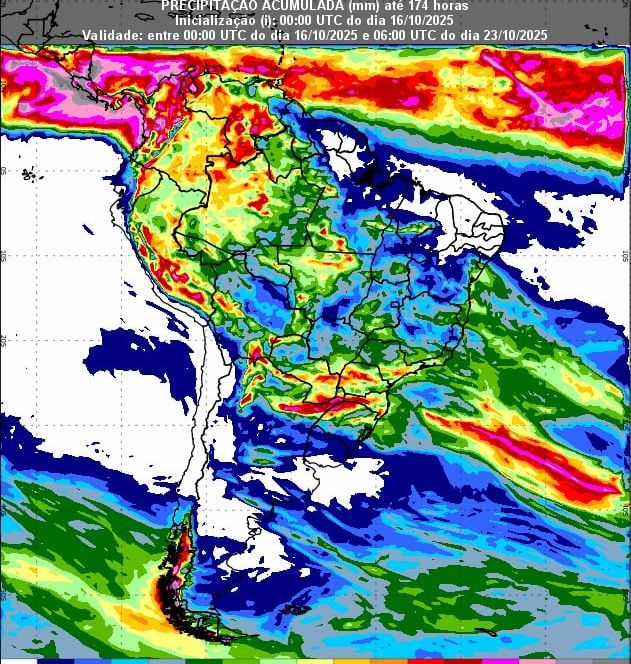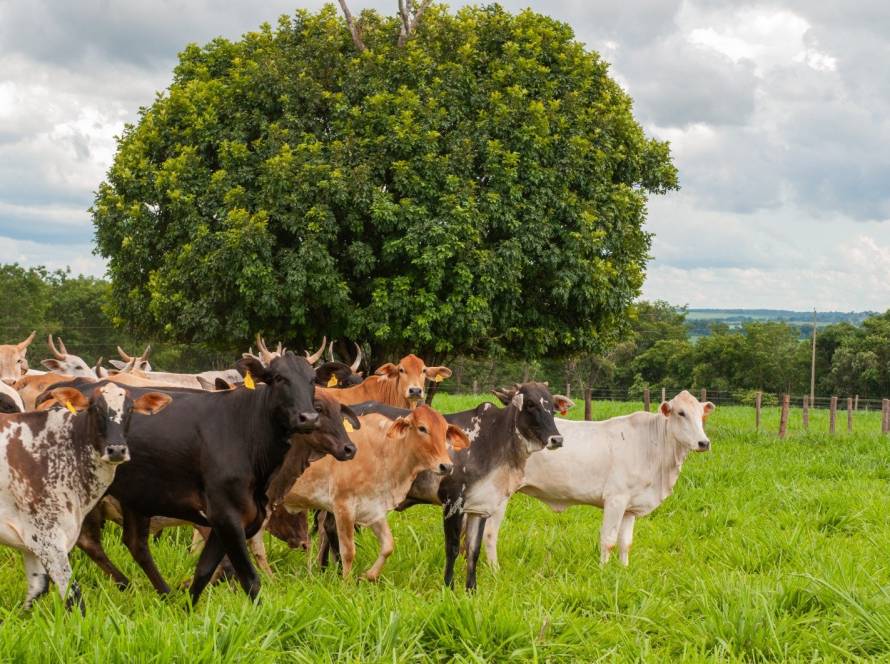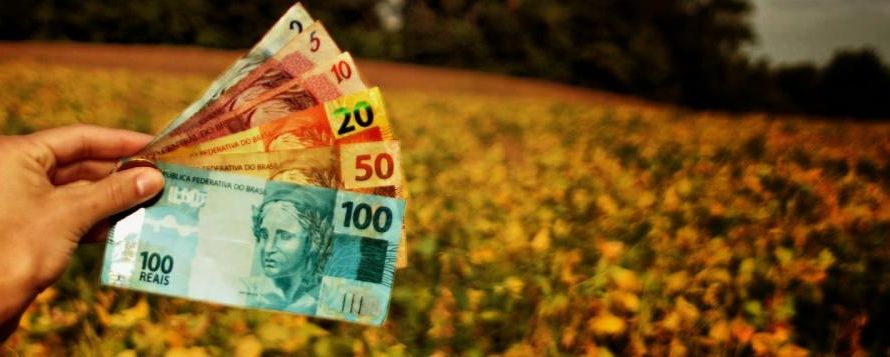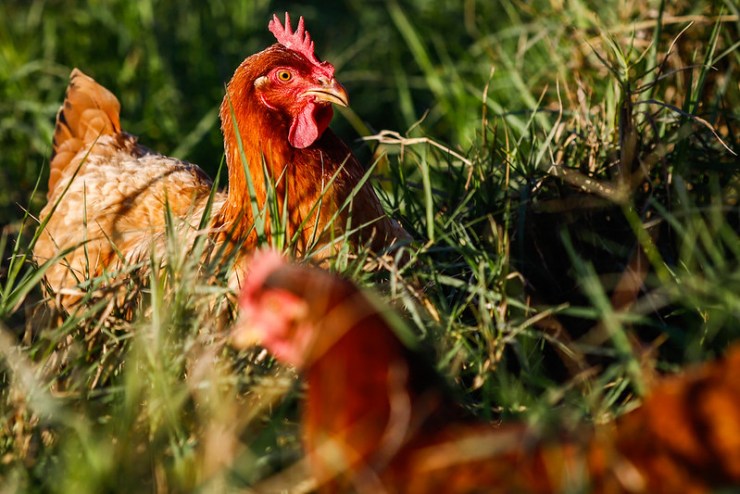During two days of intense programming in Cuiabá, on July 21st and 22nd, the Mato Grosso Agriculture and Livestock Federation (Famato) hosted meetings that brought together presidents of the state's rural unions, reinforcing its commitment to institutional strengthening and dialogue on priority issues for the productive sector. Activities included the presentation of the Environment, Agriculture, and Livestock thematic committees, the Famato System Arraiá, a gathering of union leaders, employees, and their families, and the organization's Ordinary General Assembly.
The presidents were welcomed by Famato's executive board: President Vilmondes Tomain, Vice Presidents Ilson Redivo and Amarildo Merotti, Directors Ronaldo Vinha (Institutional Relations) and Robson Marques (Administrative and Financial), and Superintendents Marcelo Lupatini (Senar-MT) and Cleiton Gauer (Famato, Imea, and AgriHub). The Federation's technicians were also introduced, who participated to answer questions, guide union representatives, and reinforce technical support for the initiatives carried out in the municipalities.
According to President Vilmondes Tomain, the creation of the thematic committees aims to organize and deepen discussions on strategic issues, optimizing Famato's work in defending the interests of rural producers and developing Mato Grosso's production chains. "We are joining forces to ensure that the unions are increasingly prepared, with access to the information and tools necessary to operate efficiently at the grassroots level," he emphasized.
During the Assembly, Famato technicians reviewed analyses and guidance on environmental legislation, tax reform, livestock farming, regional demands, and other guidelines that directly affect farm work. One of the keynotes of the program was the participation of Mato Grosso's Secretary of Finance, Rogério Gallo, who spoke about the impacts of tax reform on agribusiness and the state's public finances.
The so-called "Trump Tariff Surge" was also discussed. Antônio José Lorenzi, representative of the Federation of Industries of the State of Mato Grosso (FIEMT), gave a presentation on Section 301 of the United States, which addresses trade measures imposed by the United States and their direct impacts on Brazilian exports, especially to Mato Grosso. The overview included Brazilian foreign policy issues, economic repercussions, and monitoring strategies to mitigate potential losses to the sector.
The Assembly also featured a presentation by the Brazilian Cannabis Industry Association (ABICANN), which addressed the regulatory landscape and opportunities for the sector in Brazil. On the occasion, managers from the Mato Grosso National Rural Training Service (Senar-MT) also reported on key achievements made in the first half of 2025, demonstrating the scope and effectiveness of training, technical assistance, and social promotion initiatives developed throughout the state.





